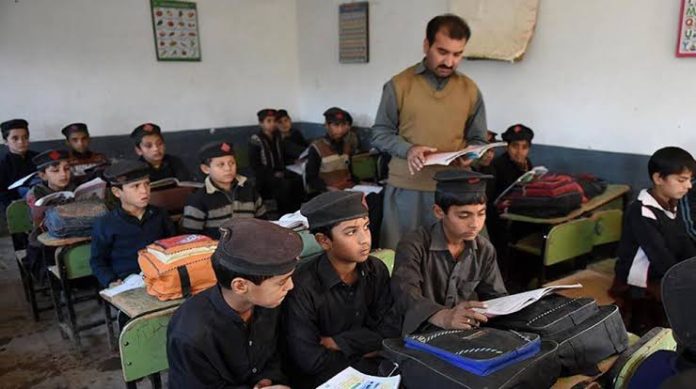The Khyber-Pakhtunkhwa government has introduced an ambitious new initiative called the ‘Taleem Card’ project, starting with a pilot phase in Upper Chitral. This project is designed to provide quality education to students from underprivileged and remote areas, ensuring they have access to reputable educational institutions.
The project’s launch was announced during a meeting chaired by Chief Minister Sardar Ali Amin Khan Gandapur, with key officials from the education and finance departments in attendance. The Chief Minister highlighted the Taleem Card as a flagship initiative of his government, stressing the importance of quickly mobilizing resources and making all necessary arrangements to implement the project effectively. He directed the education and finance departments to work swiftly, with the aim of enabling students from backward areas to access high-quality education.
The decision to start the pilot phase in Upper Chitral comes after a recent briefing by the Chief Secretary, who visited the area following a glacier outburst. During the meeting, the Chief Minister also discussed the short- and long-term plans needed to support the displaced population in the area. He emphasized the importance of exploring housing solutions and developing a sustainable rehabilitation plan for those affected by the disaster.
In addition to the Taleem Card project, the meeting also focused on broader efforts to improve education in remote parts of the province. The Chief Minister instructed the education department to establish a school in Shangla, fulfilling a promise made to a female student who achieved top marks in her exams. This move reflects the government’s commitment to ensuring that all students, regardless of their location or background, have access to quality education.
The Khyber-Pakhtunkhwa government’s launch of the Taleem Card project and its continued focus on education in remote areas underscore its dedication to improving educational opportunities for all students in the province. The initiative aims to bridge the gap between urban and rural education, offering students from less privileged areas a chance to achieve their full potential through access to reputable schools and resources.


